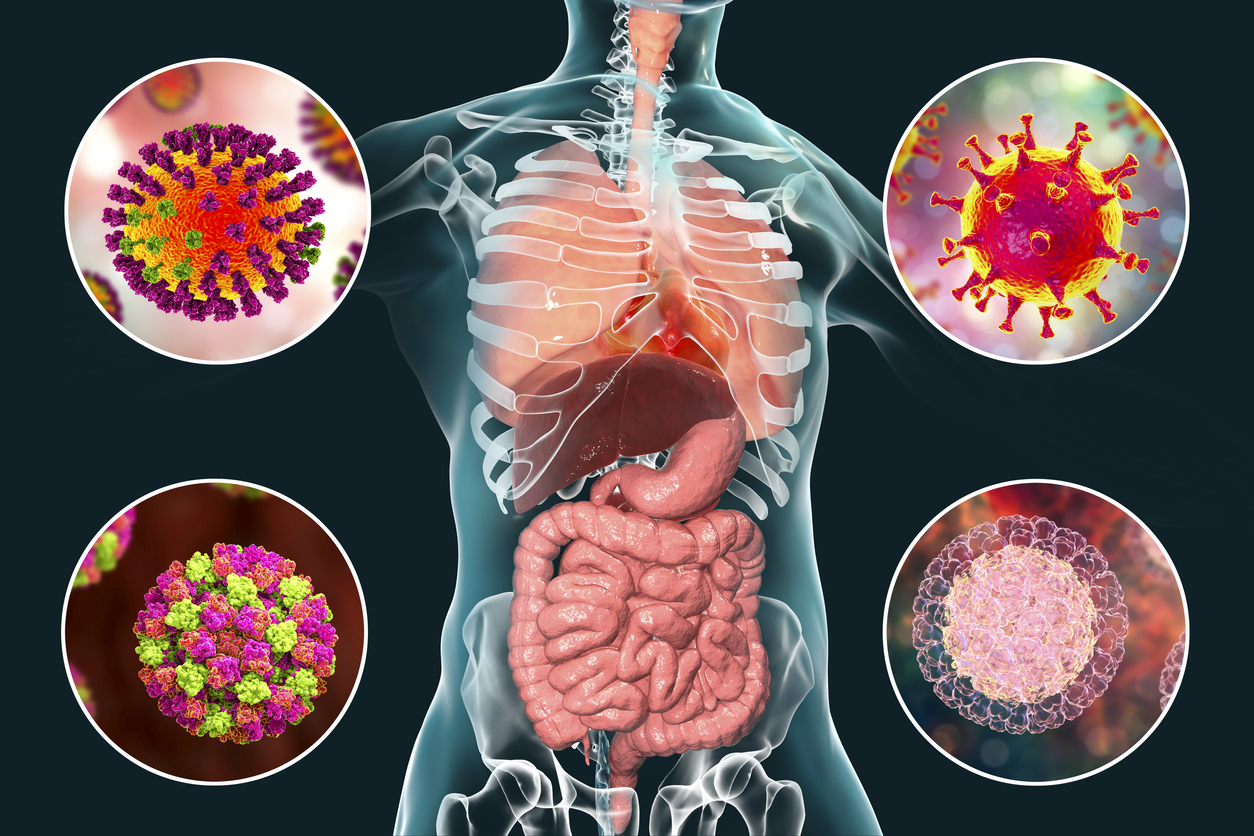After three grueling years marked by waves of infection, ceaseless testing, and unprecedented vaccination campaigns, the COVID-19 pandemic is finally receding. The World Health Organization recently ended the COVID-19 global health emergency, and the US public health emergency is due to conclude soon. Starting next week, non-US travelers will no longer need to show proof of vaccination to enter the States.
This shift follows a long struggle against the virus that claimed over 1.1 million lives in the US and nearly 7 million globally. The slow, data-driven rollback of restrictions is a welcome change for many, but it doesn’t come without concerns.
Despite strong evidence supporting the easing of restrictions, there’s a palpable unease among many, including myself, that we might be moving too quickly. This apprehension isn’t unfounded, given the unpredictable nature of infectious diseases. They don’t disappear; they mutate and adapt, biding their time until they reemerge stronger and more virulent.
COVID-19, spawned from the once-simple coronavirus, is a prime example of this phenomenon, but it isn’t alone. Influenza, respiratory syncytial virus (RSV), and other common viruses have had their share of good and bad seasons as they continually adapt and evolve. As an infectious disease specialist, I’ve long understood that we’re playing a game of borrowed time with microbes, outmatched by their sheer numbers and relentless drive to multiply.
Historically, infectious diseases have proven resilient and tenacious. Conditions like polio and measles, once on the brink of eradication, have rebounded, sometimes with devastating consequences. They wait patiently for our vigilance to falter, ready to seize any opportunity to propagate anew.
So, while the easing of COVID-19 restrictions is a welcome reprieve, it cannot be viewed as a permanent victory. There’s little doubt that we’ll face further challenges from the coronavirus or other viral threats in the future. However, the desire and necessity to return to normalcy currently outweigh these concerns.

Yet, the identity of the next viral culprit is not what truly keeps infectious disease experts awake at night. Rather, it’s the uncertainty over whether the US will be capable of responding effectively to the next crisis. The rise of anti-vaccine, anti-pharma, and anti-science movements poses a significant threat to public health efforts.
Recent statements from US Rep. Lauren Boebert of Colorado, who falsely accused former CDC Director Dr. Rochelle Walensky of being instrumental in America’s lockdowns and economic downfall, exemplify the growing rift between scientific consensus and popular sentiment. More concerning is the emergence of well-funded, organized groups that peddle misinformation about the pandemic and work actively to undermine public health measures.
In the face of the next public health crisis, we’ll have to contend not only with the pathogen but also with these non-reality-based communities that are tireless in their pursuit of alternative facts.
Although the majority of the US population is vaccinated and supports scientific consensus, the vocal minority may significantly disrupt future public health responses. The relatively unified response to COVID-19, epitomized by the Trump-organized Operation Warp Speed, could be a rare moment of consensus in an increasingly divided society.
As we step into this new post-pandemic era, we must remain vigilant. The end of the COVID-19 pandemic should not mark the end of our collective commitment to public health. Rather, it should be a call to action to ensure we’re prepared for the next crisis — including the challenges posed by misinformation and polarization in our society. We must strive for greater understanding, empathy, and unity to protect our collective well-being and prevent future pandemics from spiraling out of control.
Now is the time to invest in research, public health infrastructure, and education to promote a scientifically literate society that understands the value of preventive measures and evidence-based decision-making. As we celebrate our progress in overcoming the COVID-19 pandemic, we should use this moment to learn from our past experiences and build a stronger, more resilient healthcare system that can respond effectively to future threats.
It’s crucial that we foster open, honest dialogue across political and ideological divides to address the root causes of misinformation and mistrust. By working together, we can create a more unified, informed public capable of making decisions that prioritize collective health and well-being.
In conclusion, the end of the COVID-19 pandemic marks a significant milestone, but it’s not a signal to lower our guard. Instead, we should view this moment as an opportunity to reevaluate our approach to public health and prepare for the inevitable challenges that lie ahead. By promoting scientific literacy, fostering cooperation, and investing in our healthcare infrastructure, we can create a society better equipped to face future health crises and protect the health and well-being of all.
©world-news.biz
